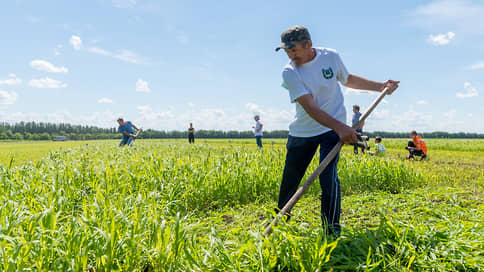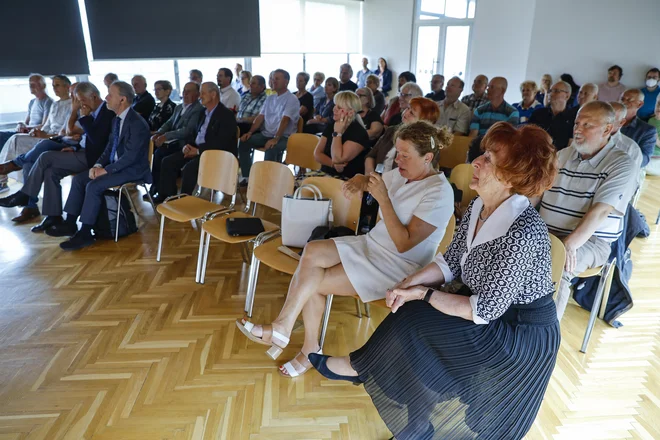A study attests to the effectiveness of the beyfortus against serious infections in infants – Liberation

THE Beyfortustreatment intended to immunize babies against the main virus that causes bronchiolitis, makes it possible to reduce serious infections by the syncytial respiratory virus (VRS) in infants, as confirmed A study published Friday May 2 in The Lancet Child & Adolescent Health. National studies had already concluded that this treatment had limited the hospitalizations of babies, but this new analysis offers the most solid panorama until then in the state of knowledge.
In detail, the meta-analysis of 27 studies conducted during the 2023-2024 VRS season in five countries (France, Italy, Luxembourg, Spain, United States) specifies that the Norsevimab, the Beyfortus molecule, also reduces intensive care admissions by 81 % and 75 % infection of the lower respiratory tract in children of 12 and less. This immunization seemed more effective to prevent the hospitalization of infants over 3 months (81 %) than those of 3 months or less (76 %), observed its authors.
If it is generally without gravity, bronchiolitis, which causes breathing difficulties, especially to babies during the first six months of their lives, can sometimes lead to emergencies and hospitalizations.
Even if it is injectable, nirsevimab is not a vaccine but a preventive treatment preventing the virus from infecting the body. After successful clinical trials, this monoclonal antibody, developed by Sanofi in partnership with the British Astrazeneca, was approved by several regulatory agencies in 2023 and then made available in certain high -income countries.
The efficiency of Norsevimab on the reduction of hospitalizations linked to bronchiolitis, however, appeared variable depending on the country, higher in the United States (93 %) than in Spain (83 %) and In France (76 %).
Possible explanation according to the researchers: a higher proportion of high risk infants of serious infection that received this treatment in the United States, where this category was a priority during the 2023-2024 bronchiolitis season due to limited supply in beyfortus. However, it would take further research to verify this hypothesis.
The authors also recognize that their analysis has limits. The studies taken into account were observational, which can lead to bias linked to underlying health problems, socio-economic status or regional differences in care access.
In France, the annual bronchiolitis epidemic which lasted from November 2024 to January 2025 was « Short duration » and « Low intensity » According to Public Health France, especially in infants under 3 months of age.








